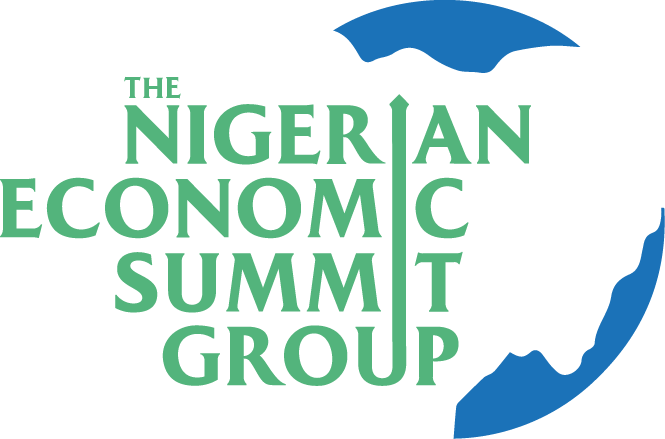The Nigerian Economic Summit Group (NESG), in collaboration with the Federal Ministry of Budget and Economic Planning, on Tuesday, 19th August 2025, convened a World Press Conference at the Summit House in Ikoyi, Lagos, to officially launch preparations for the 31st Nigerian Economic Summit (NES#31), scheduled to hold from 6th to 8th October 2025 at the Transcorp Hilton Hotel, Abuja.
This year’s Summit is themed “The Reform Imperative: Building a Prosperous and Inclusive Nigeria by 2030.”
In his welcome address, Mr. Niyi Yusuf, Chairman of the NESG, underscored the urgency of the theme, describing it as “a reflection of where we are as a nation, and a call to action on what must be done if Nigeria is to truly prosper.”
He explained that over the past three decades, the Nigerian Economic Summit has evolved through five defining phases of Nigeria’s economy—from the pre-reform crises of the 1980s and 1990s, to the reform push of the 2000s, the traction of Vision 20:2020, and the volatility of recent years marked by recession and a pandemic.
At every turning point, whether in pensions, agriculture, or energy reforms, the Summit has remained Nigeria’s foremost dialogue platform for shaping national priorities and building consensus between government and the private sector.
Reflecting on Nigeria’s current trajectory, Mr. Yusuf emphasized the need for a second wave of structural reforms, building on the tough policy choices already undertaken in recent years.
“The removal of fuel subsidies and the harmonisation of foreign exchange were courageous steps that brought short-term pain but created long-term opportunities. But stability is not the destination—it is only the starting point. The Reform Imperative is not a choice, it is a necessity,” he stressed.
Representing the Minister for Budget and Economic Planning, Senator Abubakar Atiku Bagudu, Mr. Felix Okonkwo, Director of Macroeconomic Analysis at the Federal Ministry of Budget and Economic Planning, highlighted the alignment between NES#31 and the government’s reform agenda.
He explained that recent policies have begun to improve Nigeria’s fiscal position, debt sustainability, and investor confidence, describing these gains as “signals that Nigeria has chosen the right path.”
He further noted that reforms must be sustained as a process, not an event, and stressed the importance of targeted programmes in agriculture, education, health, and social protection to ensure that vulnerable populations are not left behind.
Mr. Okonkwo further highlighted that the Renewed Hope Ward Development Programme, recently unveiled by President Bola Ahmed Tinubu, marks a significant paradigm shift in Nigeria’s strategy for economic development and poverty alleviation.
This ambitious and people-centered initiative is designed to uplift more than 10 million economically active citizens, ensuring that ordinary Nigerians—particularly those at the grassroots—directly feel the positive impact of the administration’s ongoing economic reforms.
By targeting all 8,809 wards across the 774 local government areas of the federation, the programme guarantees inclusivity, leaving no community behind in the quest for shared prosperity and sustainable growth
He further explained that NES#31 will focus on five core sub-themes—driving industrialisation-led growth, building infrastructure for competitiveness, advancing inclusion for shared growth, strengthening institutions for sustainable impact, and unlocking investment amid global trade shifts. These, he said, mirror government’s medium- to long-term objectives of sustainable development, poverty reduction, and inclusive prosperity.
Speaking on the wider impact of the Summits, Dr. Tayo Aduloju, CEO of the NESG, reiterated that the Nigerian Economic Summits have consistently proven the power of evidence-based dialogue to redirect the course of the nation.
From shaping reforms that transformed the pension and agriculture sectors, to providing blueprints during economic recessions, the Summits have been instrumental in fostering policy innovation, strengthening public-private partnerships, and deepening collaborative nation-building.
According to him, NES#31 represents a defining moment to consolidate reforms, address the constraints to investment, production and productivity, and set Nigeria firmly on the path to achieving the aspirations of Nigeria Agenda 2050.
“As we enter the Agenda 2050 era, NES#31 must help us sustain this momentum and translate resilience into renewal,” he said.
The NESG therefore called on all stakeholders—government, private sector, development partners, and civil society—to actively participate in NES#31 and contribute to building the Nigeria of 2030: resilient, productive, inclusive, and globally competitive.
Source: NESG


